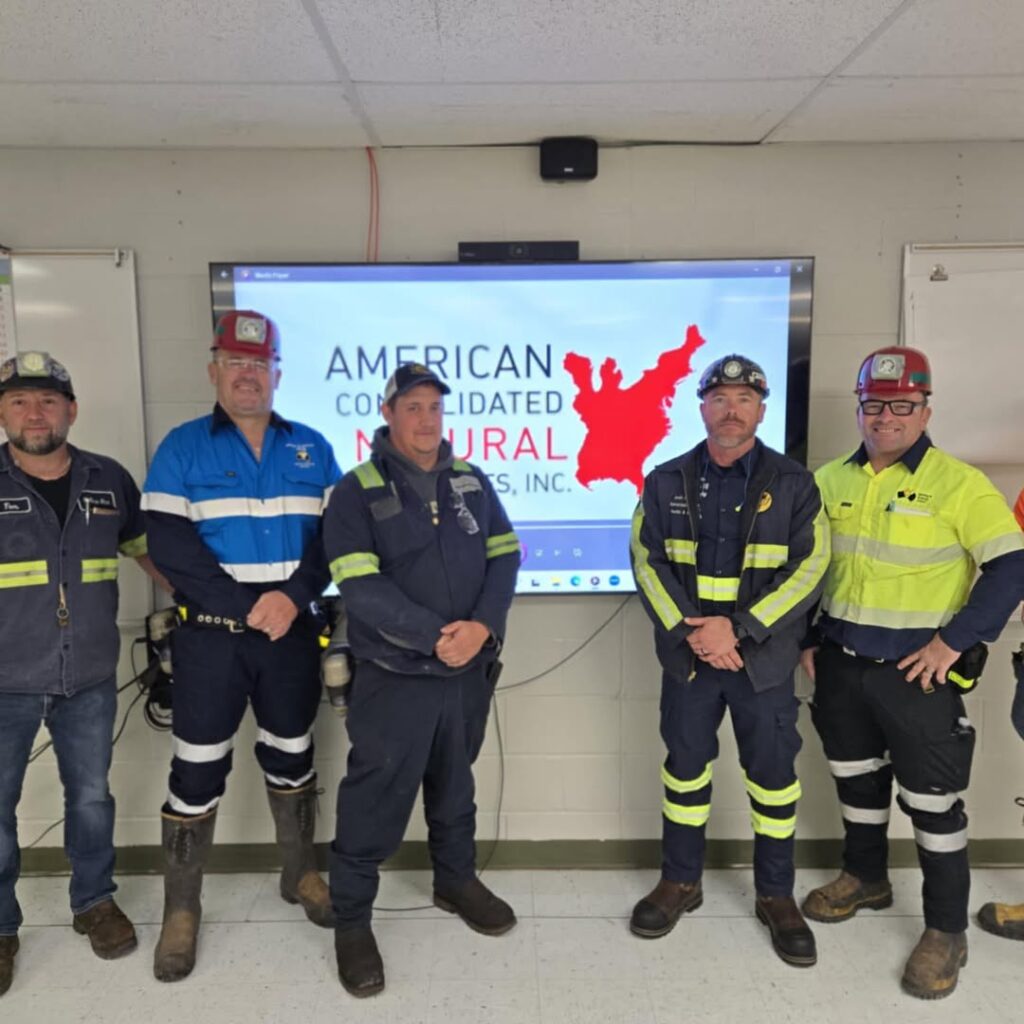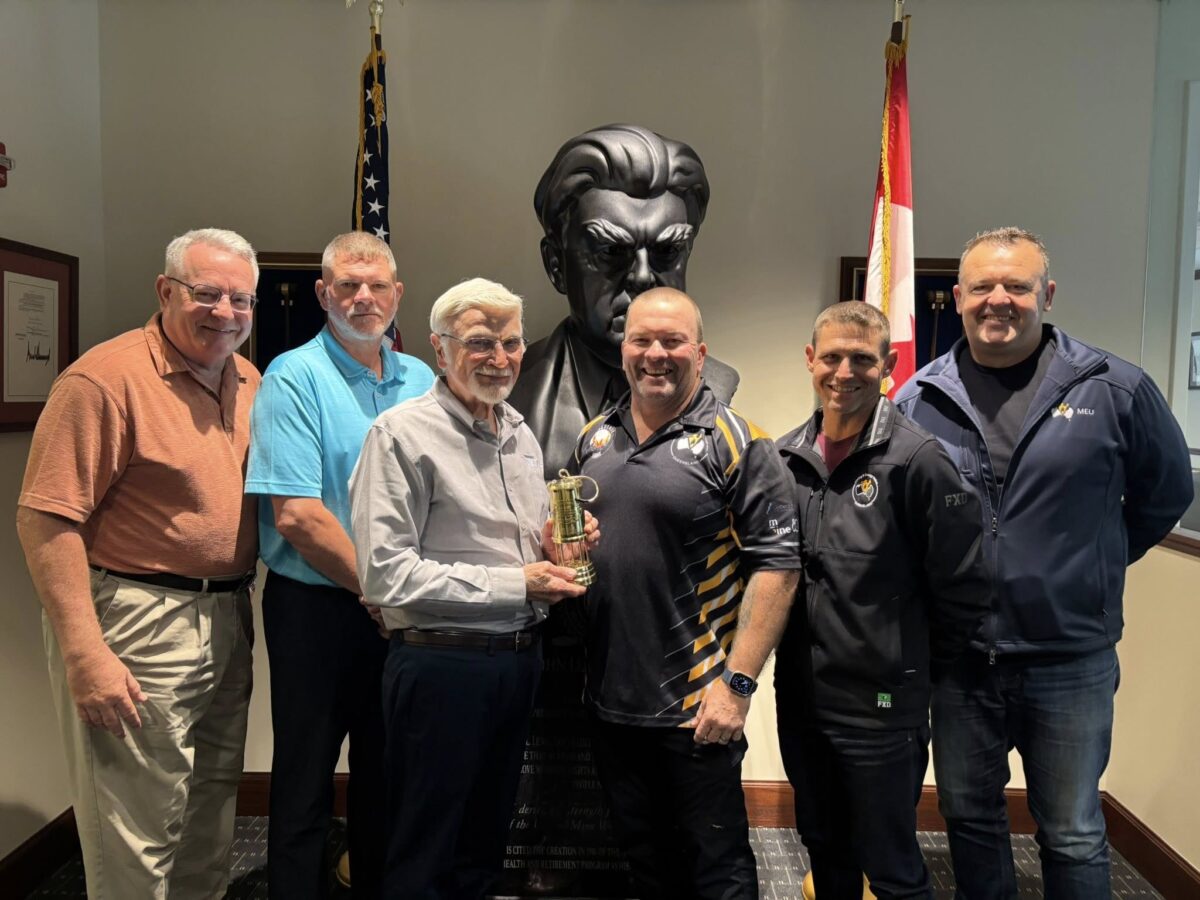June 25, 2025
This month, I had the privilege of joining our brothers and sisters in the United Mine Workers of America at their annual Black Lung Conference in West Virginia – arguably the world’s foremost summit on the disease.
I’ve attended many times as a MEU official, but this year felt markedly different. While some have welcomed Trump’s re-election and his pledge to revive American mining, his return has already had devastating consequences for the coal industry – particularly in health and safety oversight.
The conference theme, “Those that forget history are doomed to repeat it,” couldn’t have been more fitting. Trump’s push to cut red tape and maximise efficiency has come at the cost of the very safeguards meant to protect the workers he claims to champion.
Most troubling are the deep funding cuts to two critical institutions. NIOSH – the National Institute for Occupational Safety and Health – lost 85% of its funding in Trump’s initial DOGE cuts. NIOSH leads global research into black lung and runs essential health surveillance programs, including lung screenings and B-Readings that are vital for early detection and treatment.
Over the years, I’ve adapted many NIOSH-developed standards for use in the Australian coal industry. Their research underpins our push for tighter dust regulations and black lung prevention. Seeing such a vital institution gutted in the name of cost-cutting is deeply distressing.
Following public outcry, the administration re-hired some of the sacked NIOSH staff – but not all. Worse still, the proposed 2026 budget calls for eliminating NIOSH entirely, transferring its responsibilities to the Department of Health. History shows that generalised services rarely meet the specific needs of coal miners, and there’s little reason to believe this time will be different.
Similarly, Trump has heavily defunded the Mine Safety and Health Administration (MSHA) – the US equivalent of Resources Safety and Health Queensland or the NSW Resources Regulator. MSHA inspectors ensure mines comply with safety standards and have the authority to halt unsafe operations.
Trump proposed closing over 30 inspector offices across coal regions, severely limiting enforcement capacity. This decision, too, was reversed after community outrage – but the damage was done. The administration has since frozen all new mine safety regulations, preventing experts from addressing emerging risks.
I spoke with John, a miner living with advanced Progressive Massive Fibrosis—the most severe form of black lung. He voted for Trump, hoping for industry revival, but now regrets it. “I didn’t realise he was going to do this,” he told me.
What’s worse, Trump’s promises haven’t delivered. Since January, three mines have closed in West Virginia, and not a single new one has been announced. His “Dig, Dig, Dig!” slogan increasingly appears to have been about boosting mine owner profits – not helping workers.
Despite these setbacks, US mine workers remain resilient. The UMWA continues to recruit and organise, even in some of the most anti-union states in the country. They’re looking to the progress we’ve made in Australia – particularly our Same Job, Same Pay campaign – as a model for organising in an industry that’s becoming more casualised and reliant on labour hire.
They’re also continuing to push for reform around black lung and respiratory protections, even as their calls are increasingly ignored by an indifferent government.
This trip left me feeling profoundly grateful to live in Australia, where union voices are heard in policy-making and where we can address problems more directly. I’m thankful we’ve elected another strong Labor government – one that listens to workers and values their input.
It also served as a stark reminder: when mining companies call for less red tape, they’re really calling for fewer safety measures and weaker worker protections. And it’s always the miners who end up paying the price.
Stephen Smyth – MEU National Vice President


